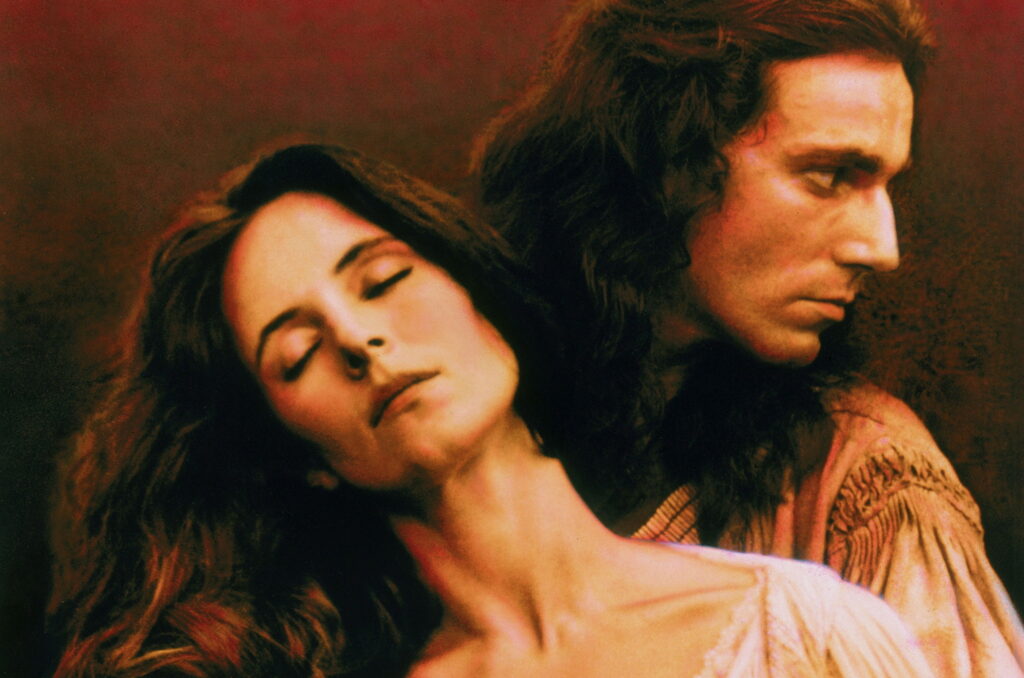Historical movies offer a unique blend of storytelling and education, bringing past events to life and allowing us to experience them anew.
These films range from epic battles and political dramas to biographical accounts of influential figures.
Here, we explore 21 of the greatest historical movies ever made, each contributing to our understanding of history in a profound way.
Schindler’s List (1993)
Directed by Steven Spielberg, this harrowing film tells the story of Oskar Schindler, a German businessman who saved over a thousand Polish Jews during the Holocaust.
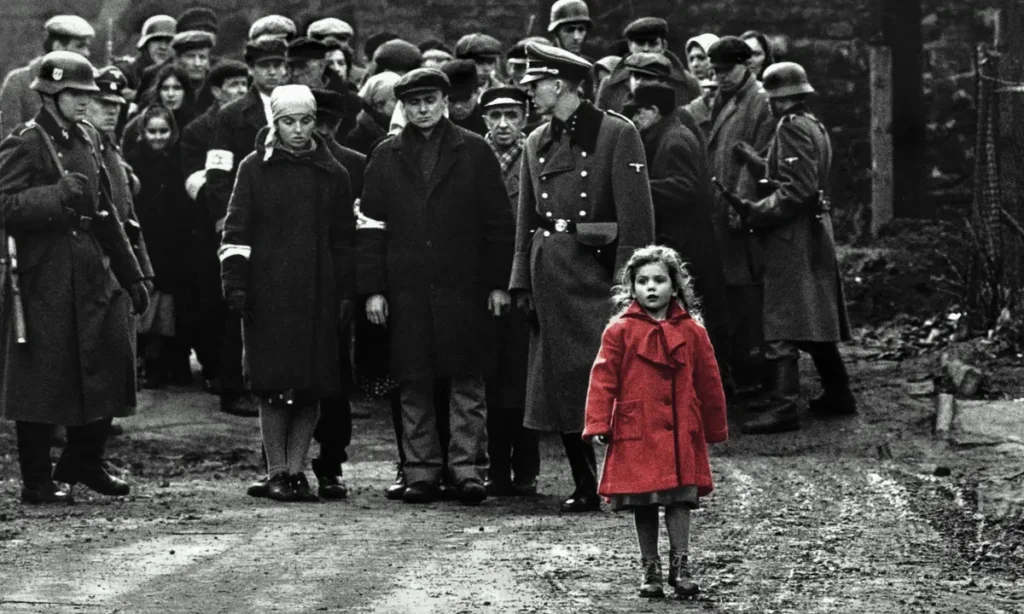
The film’s black-and-white cinematography and powerful performances, particularly by Liam Neeson and Ralph Fiennes, make it a poignant reminder of the atrocities of World War II.
Gladiator (2000)
Ridley Scott’s “Gladiator” revitalized the sword-and-sandal genre with its tale of Maximus Decimus Meridius, a betrayed Roman general who seeks revenge against the corrupt emperor Commodus.
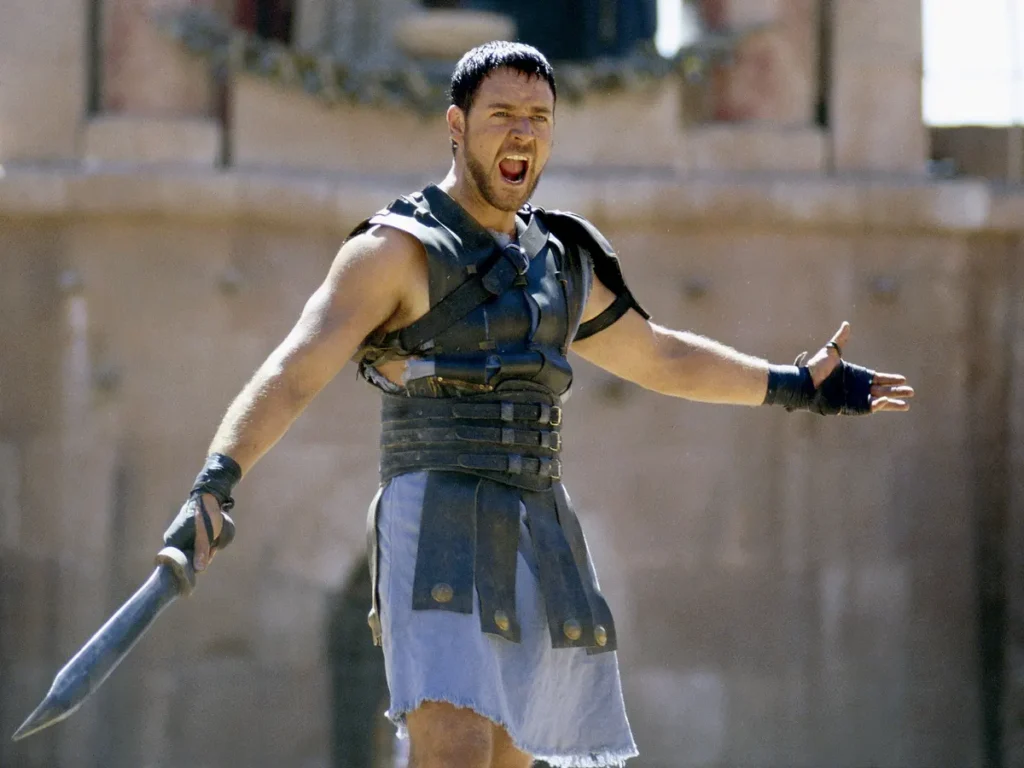
Russell Crowe’s performance and the film’s epic battle scenes earned it multiple Oscars, including Best Picture.
Braveheart (1995)
Mel Gibson directed and starred in this stirring account of William Wallace, a Scottish warrior who led a rebellion against English rule.
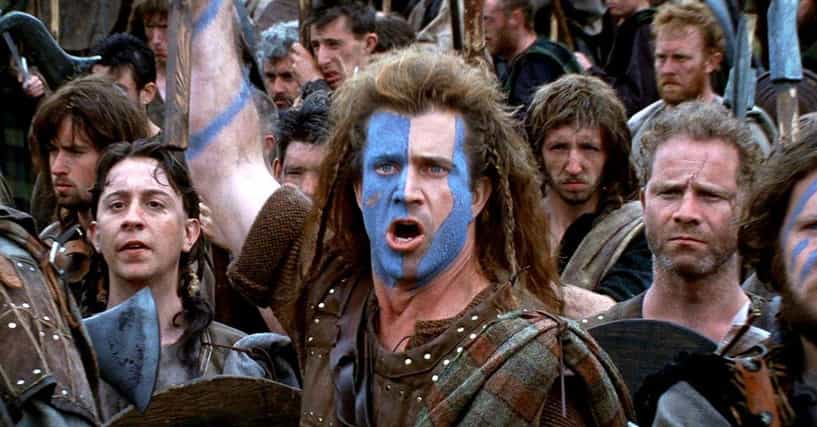
Despite historical inaccuracies, “Braveheart” captures the spirit of Scotland’s fight for independence with breathtaking battle scenes and emotional depth.
Gandhi (1982)
This biographical film, directed by Richard Attenborough, chronicles the life of Mahatma Gandhi, the leader of India’s non-violent independence movement against British rule. Ben Kingsley’s portrayal of Gandhi won him an Academy Award for Best Actor, and the film itself was lauded for its historical accuracy and depth.

The Pianist (2002)
Roman Polanski’s “The Pianist” is based on the true story of Władysław Szpilman, a Polish-Jewish pianist who survived the Holocaust.
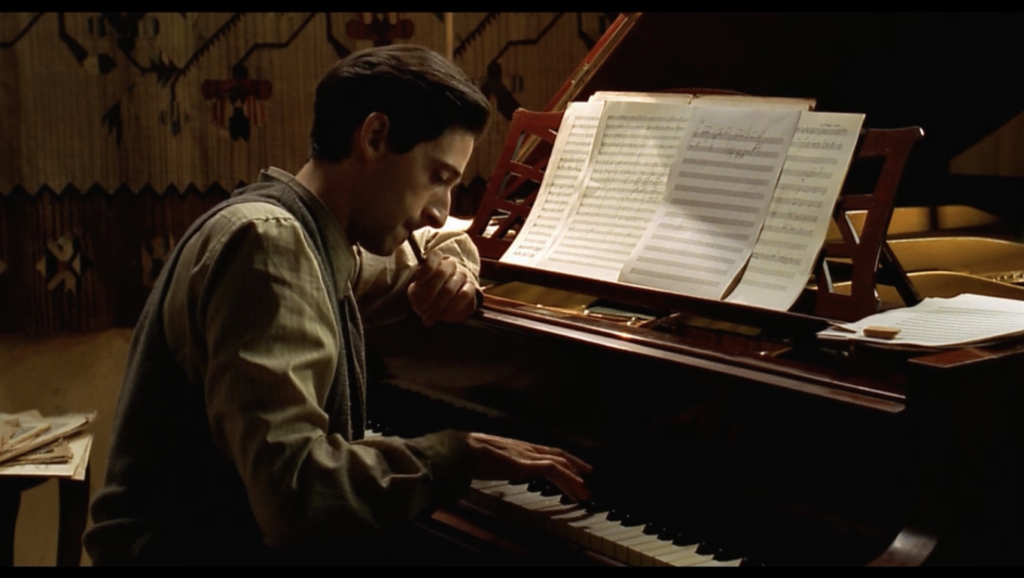
Adrien Brody’s Oscar-winning performance and the film’s unflinching depiction of war-torn Warsaw make it a deeply moving historical drama.
Saving Private Ryan (1998)
Another masterpiece by Steven Spielberg, “Saving Private Ryan” is renowned for its realistic portrayal of the D-Day invasion of Normandy during World War II.
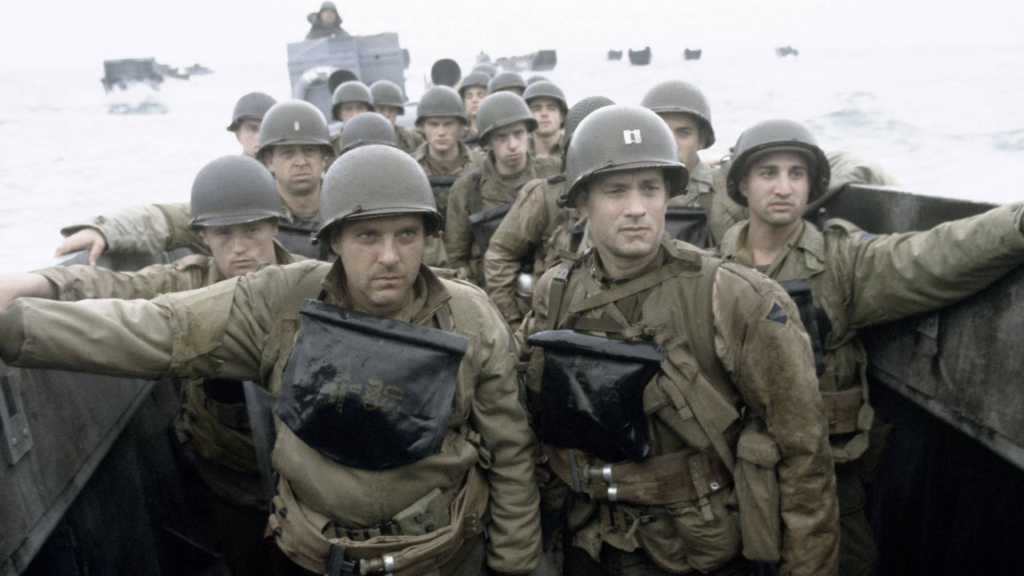
The film’s opening sequence is particularly noted for its brutal depiction of combat, and Tom Hanks delivers a powerful performance as Captain John Miller.
Lawrence of Arabia (1962)
David Lean’s epic biographical film about T.E. Lawrence, a British officer who played a key role in the Arab Revolt during World War I, is celebrated for its sweeping cinematography and Peter O’Toole’s charismatic performance. The film remains a landmark in cinematic history.
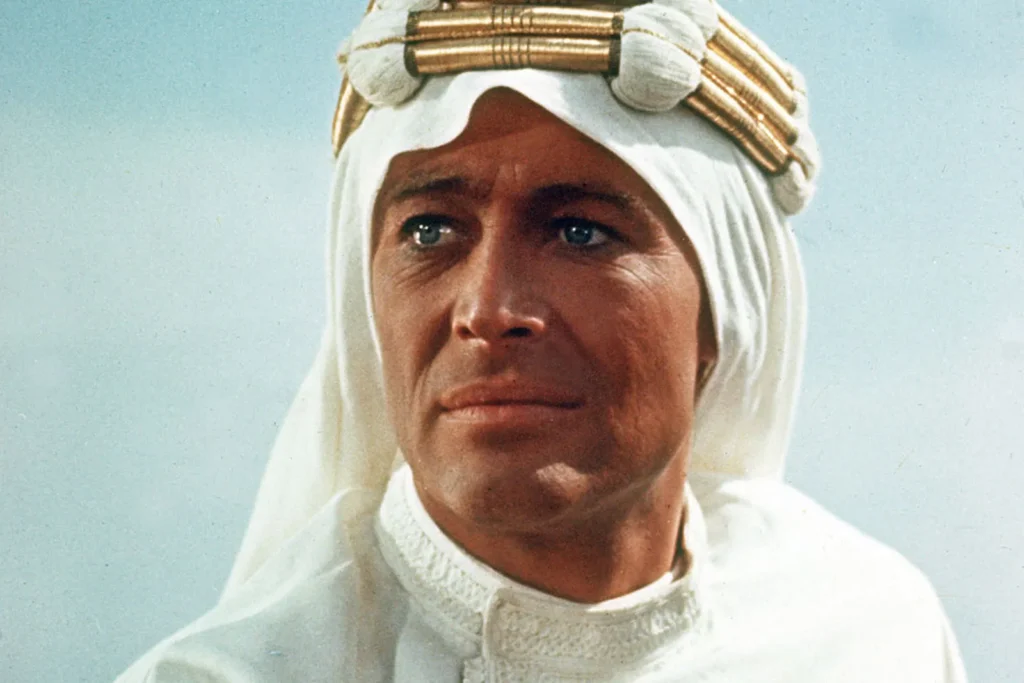
12 Years a Slave (2013)
Directed by Steve McQueen, this adaptation of Solomon Northup’s memoir tells the harrowing story of a free Black man kidnapped and sold into slavery.
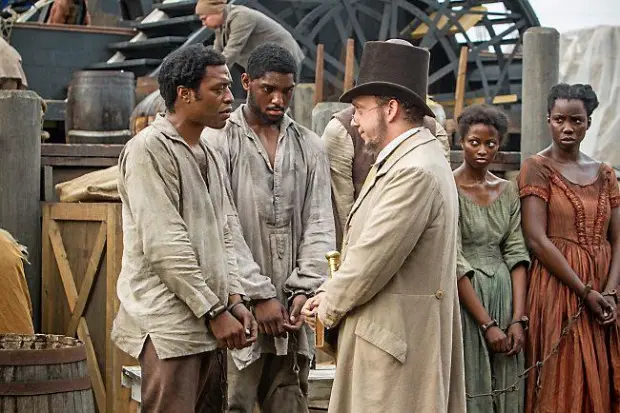
Chiwetel Ejiofor’s performance, along with a strong supporting cast, brings to life the brutal realities of slavery in 19th-century America.
The King’s Speech (2010)
This film, directed by Tom Hooper, tells the story of King George VI and his struggle to overcome a stammer with the help of speech therapist Lionel Logue.
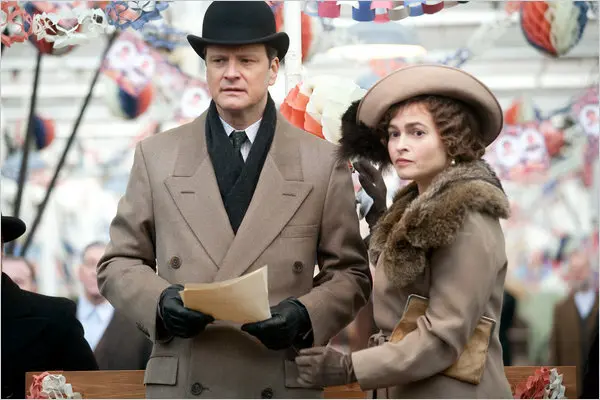
Colin Firth’s Oscar-winning performance as the king and Geoffrey Rush’s portrayal of Logue highlight this inspiring tale of personal triumph.
Dunkirk (2017)
Christopher Nolan’s “Dunkirk” offers a gripping account of the evacuation of Allied soldiers from the beaches of Dunkirk during World War II.
The film’s nonlinear narrative and Hans Zimmer’s intense score create a sense of urgency and immersion.
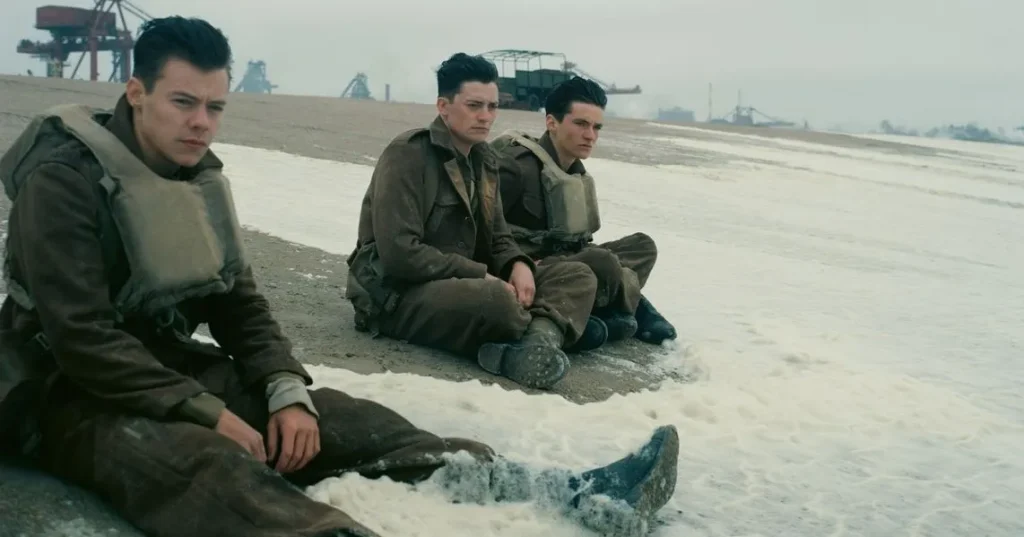
Apollo 13 (1995)
Ron Howard’s “Apollo 13” recounts the true story of the ill-fated Apollo 13 lunar mission.
With standout performances from Tom Hanks, Kevin Bacon, and Bill Paxton, the film captures the tension and drama of the astronauts’ struggle to return safely to Earth.
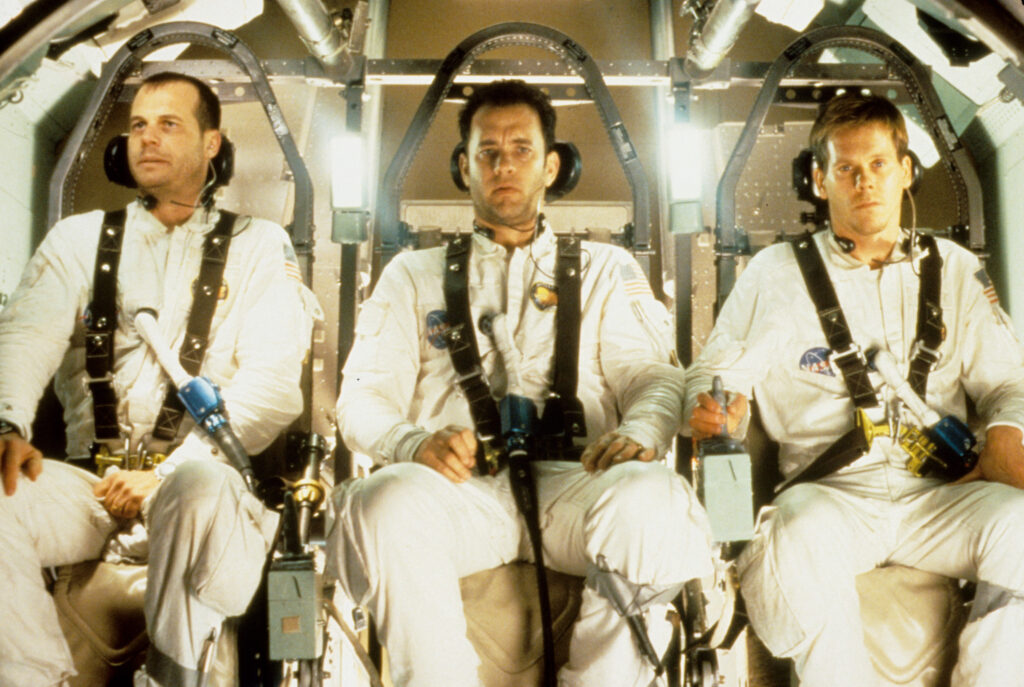
Lincoln (2012)
This film, directed by Steven Spielberg and starring Daniel Day-Lewis as Abraham Lincoln, focuses on Lincoln’s final months and his efforts to pass the Thirteenth Amendment.
Day-Lewis’s portrayal of Lincoln earned him an Academy Award, and the film is praised for its historical authenticity.
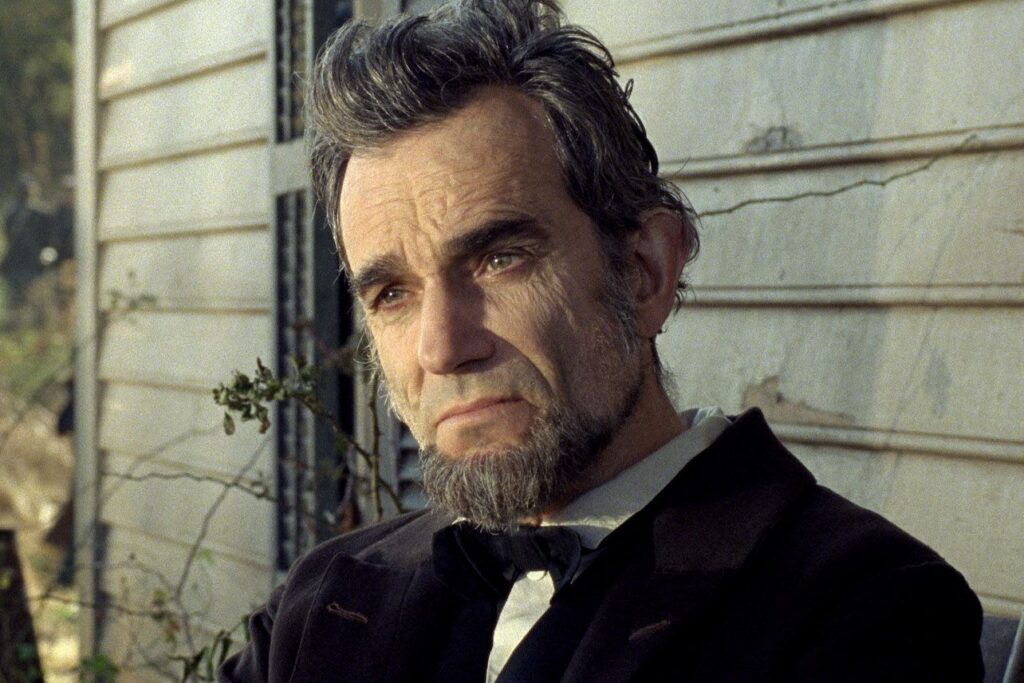
Amadeus (1984)
Milos Forman’s “Amadeus” explores the tumultuous relationship between composers Wolfgang Amadeus Mozart and Antonio Salieri.
The film, which won eight Oscars, including Best Picture, is renowned for its lavish production design and captivating performances.
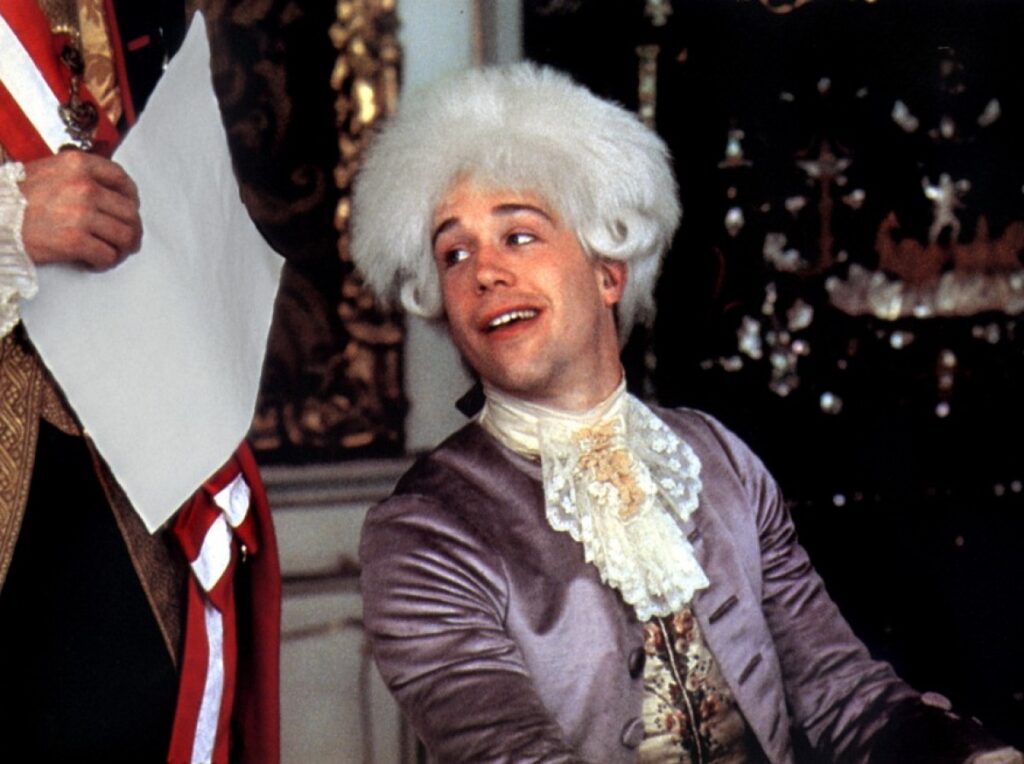
The Last Emperor (1987)
Bernardo Bertolucci’s epic biographical film chronicles the life of Puyi, the last Emperor of China.
The film’s grand scale, stunning visuals, and historical depth earned it nine Academy Awards, including Best Picture and Best Director.
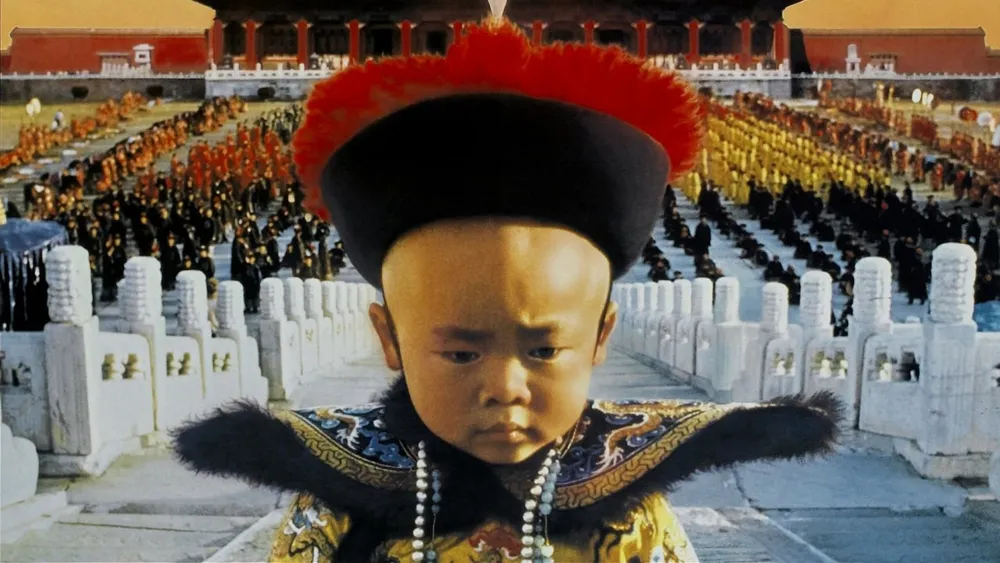
The Revenant (2015)
Alejandro González Iñárritu’s “The Revenant” is based on the true story of frontiersman Hugh Glass, who survives a bear attack and seeks revenge on those who left him for dead.
Leonardo DiCaprio’s intense performance and the film’s breathtaking cinematography make it a standout historical drama.
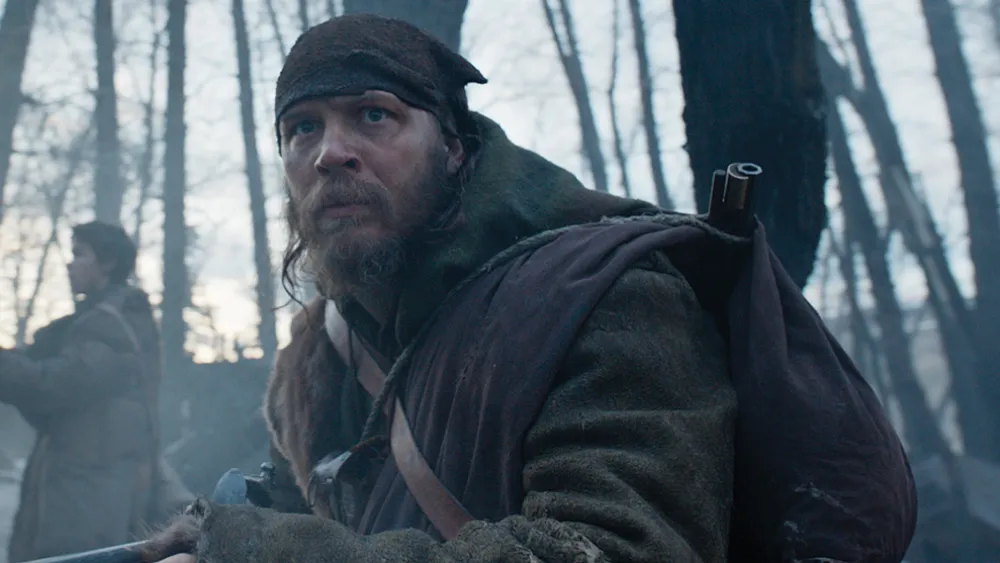
The Imitation Game (2014)
This film, directed by Morten Tyldum, tells the story of Alan Turing, the mathematician who played a crucial role in breaking the Enigma code during World War II.
Benedict Cumberbatch’s portrayal of Turing highlights the challenges he faced both professionally and personally.
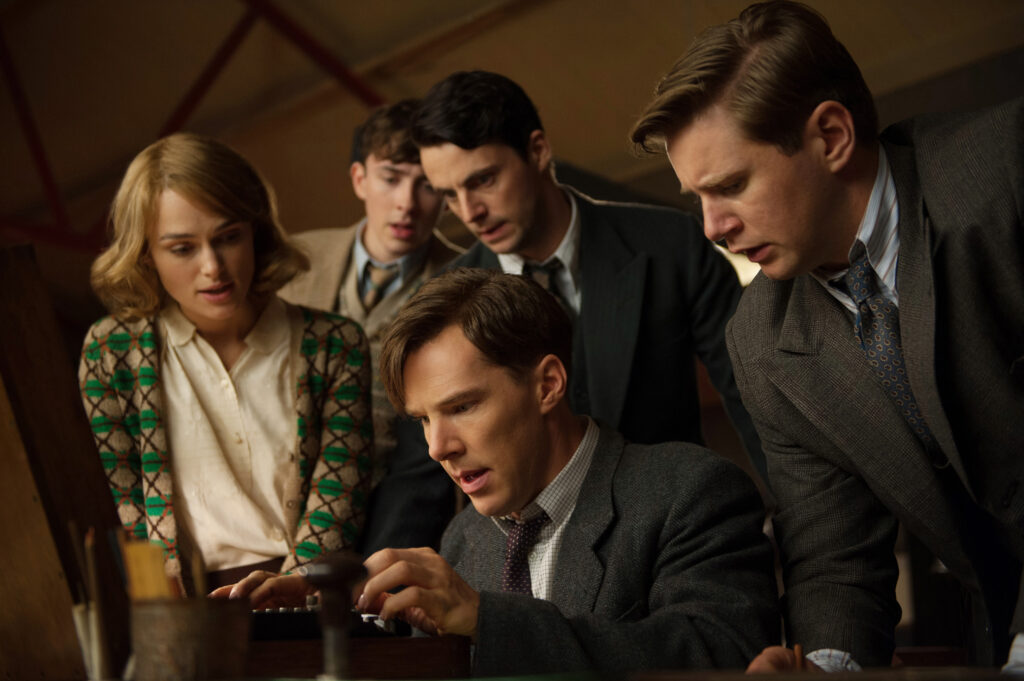
Elizabeth (1998)
This historical drama, directed by Shekhar Kapur, focuses on the early years of Queen Elizabeth I’s reign.
Cate Blanchett’s portrayal of the young queen navigating political intrigue and personal challenges earned her critical acclaim and established her as one of Hollywood’s leading actresses.
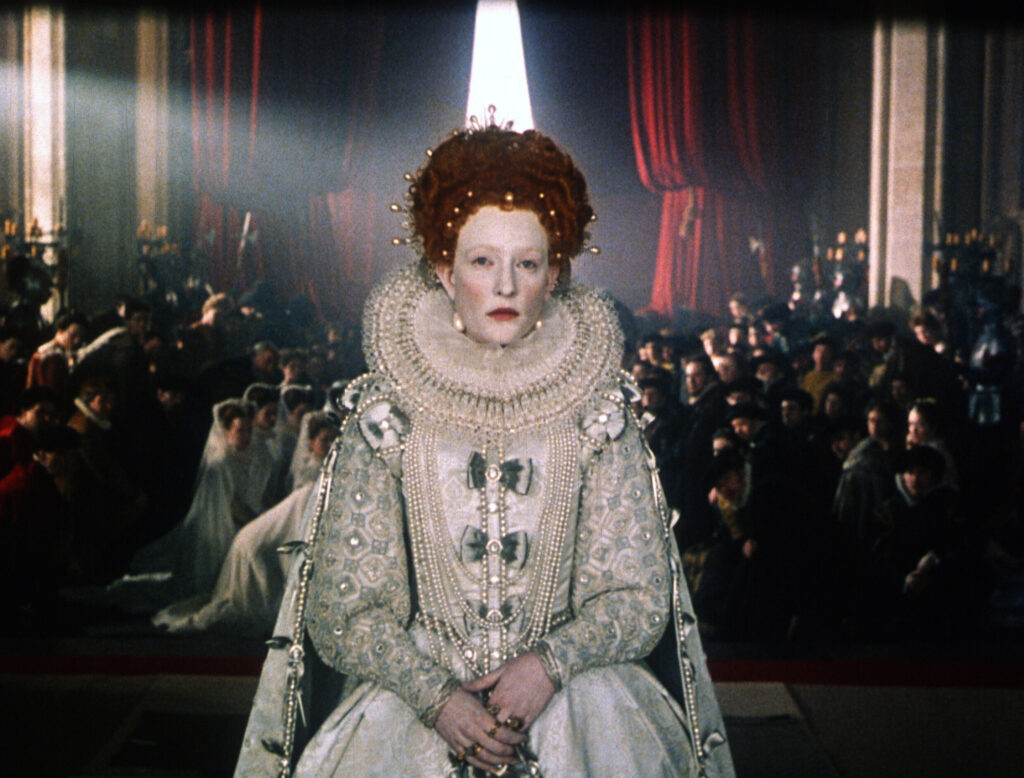
The Iron Lady (2011)
Phyllida Lloyd’s biographical drama offers a fascinating look into the life of Margaret Thatcher, the longest-serving British Prime Minister of the 20th century.
Meryl Streep’s performance, which earned her an Academy Award, dominates the film, showcasing Thatcher’s political career and personal struggles.
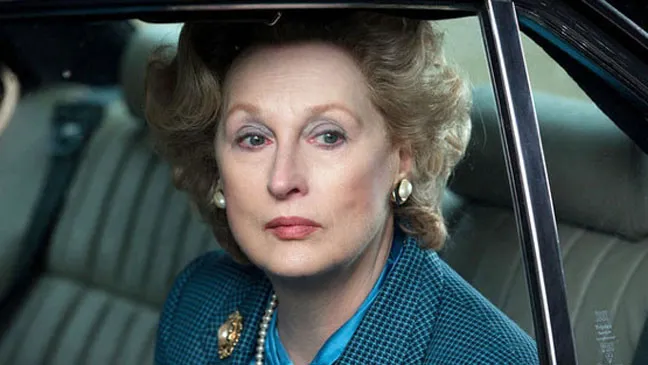
Apocalypse Now (1979)
Francis Ford Coppola’s “Apocalypse Now” reimagines Joseph Conrad’s “Heart of Darkness” during the Vietnam War.
The film’s intense depiction of the conflict, coupled with iconic performances by Martin Sheen and Marlon Brando, makes it a seminal work in war cinema.
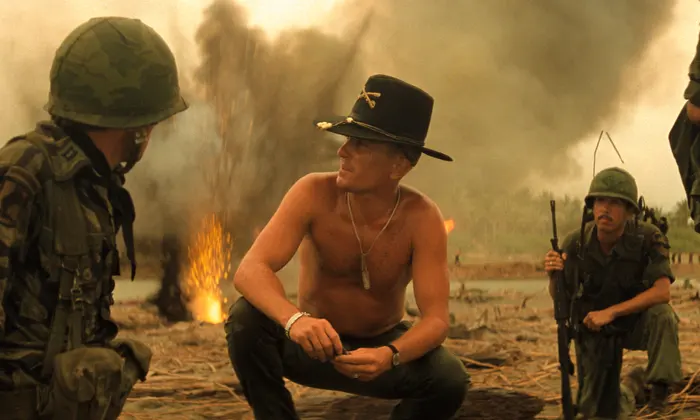
The Last of the Mohicans (1992)
Directed by Michael Mann and based on James Fenimore Cooper’s novel, this film tells the story of Hawkeye, a white man raised by Native Americans during the French and Indian War.
Daniel Day-Lewis’s performance and the film’s lush cinematography bring this historical adventure to life.
